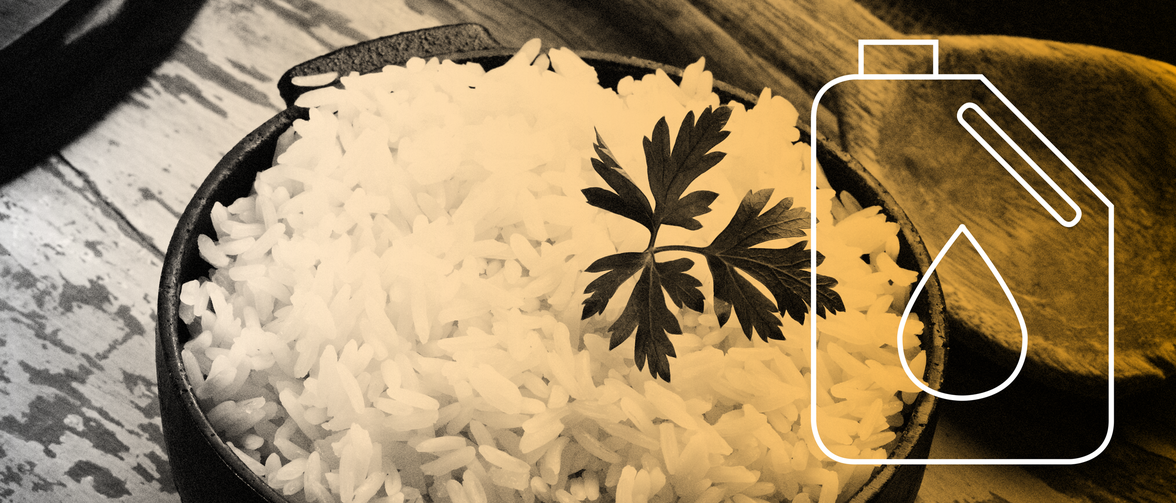
Mineral oil in foods
What is the problem?
Rice, pasta, cereals, chocolate: many everyday foods are contaminated with harmful mineral oil hydrocarbons (MOSH and MOAH). Some of these substances accumulate in the human body, and others are potentially mutagenic and carcinogenic (MOAH). Contamination with mineral oils can occur at any stage of food processing: it can come in during harvest, in the processing steps or even via the packaging.
A common source of contamination is packaging made from recycled waste paper. These often use printing inks which contain mineral oil and up to 200 other chemical substances of known and unknown toxicological concern. The problem of the transition of mineral oils from recycled cardboard packaging into food has been known since the 1990s. In the meantime, a large number of other sources of contamination have become clear. However, to date there is no regulation in Europe that protects consumers from mineral oil in food.
What is the solution?
Strict legal limits for MOSH and MOAH in food: A regulation at the European level is needed for establishing legal limits for MOSH and MOAH in food. These limit values must be low enough to ensure that no contamination of food with potentially carcinogenic “mineral oil aromatic hydrocarbons” (MOAH) is detectable using the most advanced methods of laboratory analysis. Food packaging must not release mineral oils or other harmful substances into the food. A "functional barrier" must be prescribed for cardboard packaging.
What is foodwatch doing?
foodwatch launched its campaign on mineral oil contamination by publishing the results of laboratory tests on 120 products from France, Germany and the Netherlands in 2015. A total of 52 products were found to be contaminated with MOAH, which is potentially carcinogenic. foodwatch organised an email campaign targeting the European Commission, carried out further tests e.g. of baby milk in 2019, disclosed previously unpublished data from authorities and issued a public warning against eating the contaminated products when companies refused to recall them. As a result, the issue is finally on the agenda of both policymakers and the food and the packaging industry. However, a regulatory solution is still pending.